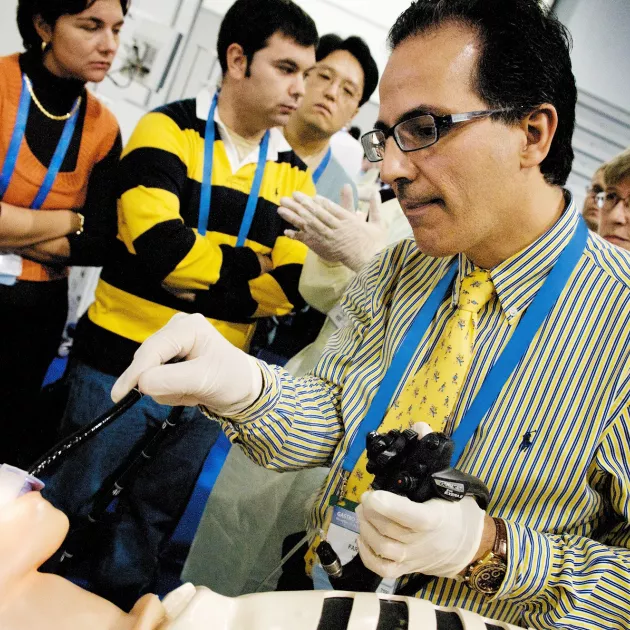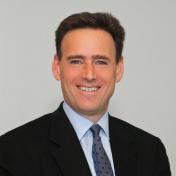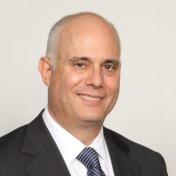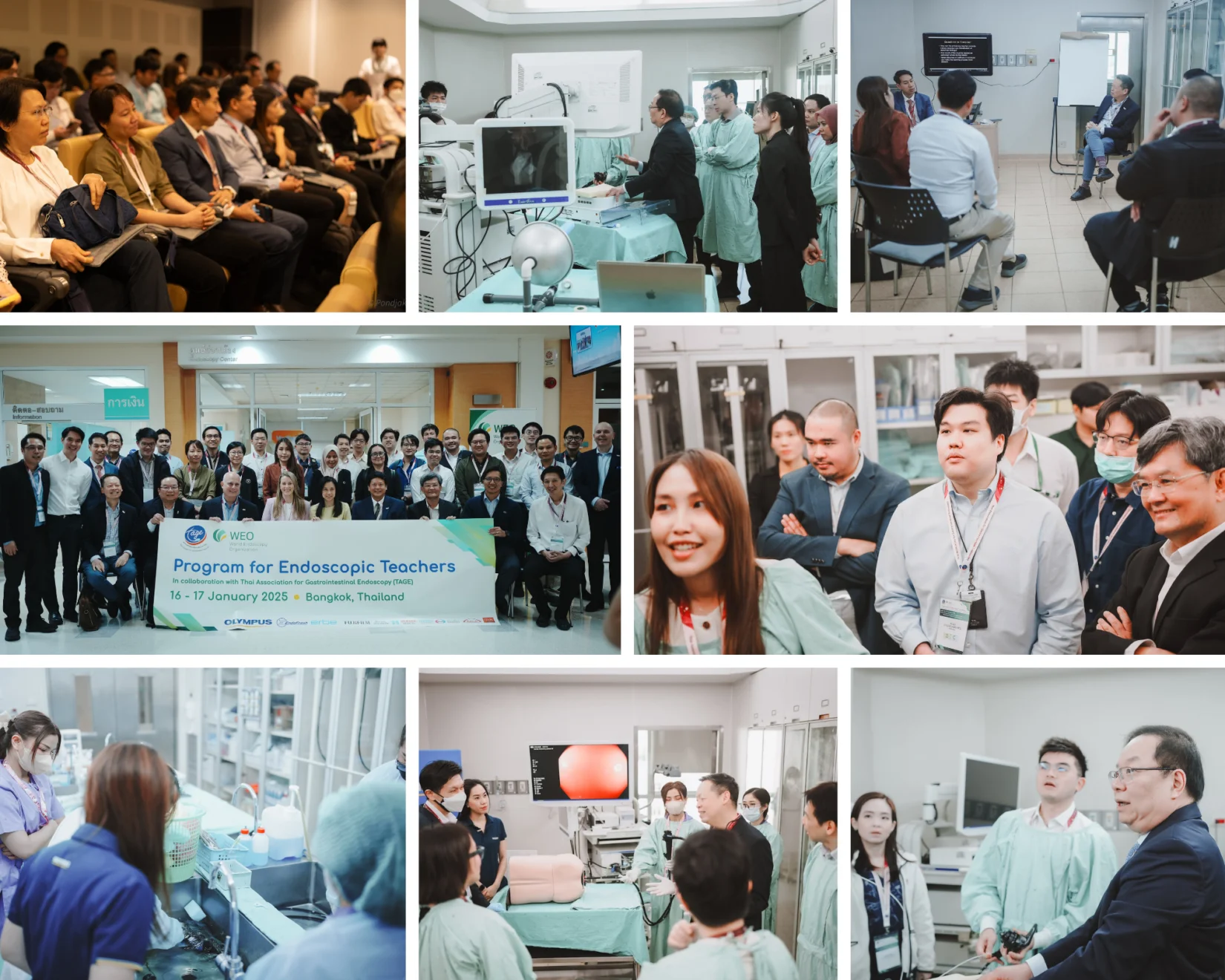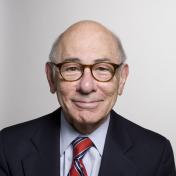
PET Course Formats
Over the years, WEO has developed four different PET course formats to suit various learning needs. Future PET organizers can use content from any of these proven formats:
PET Standard (1½ days):
This comprehensive course includes lectures, large group discussions, hands-on activities, and breakout sessions. The main goal is to help participants improve their individual teaching skills, focusing more on how to teach rather than on organizing the training program itself.
Mini PET (1 day):
Perfect for integrating into conferences, this shorter course replaces hands-on activities with demonstrations using models and discussions based on pre-recorded teaching videos. Breakout sessions are usually not part of this format.
Micro PET (½ day):
This brief course fits easily into conferences or other programs and consists of lectures and discussions. It may also include pre-recorded videos showing teaching on cases or models.
TelePET (Coming Soon):
Our newest format, currently in development, features a series of short videos that highlight key concepts from in-person PET courses. TelePET can stand alone but is best used as preparation before or review after attending a live PET course.
What PET Teaches
PET courses focus on the art of teaching endoscopy. Participants learn how to:
- Develop specific teaching skills tailored to different levels of trainees
- Blend technical and cognitive knowledge effectively
- Choose the right teaching materials
- Select qualified doctors as instructors who can boost trainees’ learning in all areas of endoscopy
Who Attends and Teaches PET?
Each PET course usually welcomes around 30 experienced doctors and surgeons who both practice and teach digestive endoscopy. While English proficiency is encouraged to maximize learning, it’s understood that this may not always be possible.
The teaching team (faculty) generally includes 4-6 international experts and 3-5 local specialists. The international faculty are carefully selected by the program director in close collaboration with the local host.
Planning Your PET Course
The WEO program director works closely with the local course director to finalize the topics and schedule. To best meet local needs, it’s also possible to gather input from potential attendees before the course.
PET courses are usually held in English although simultaneous translation can be incorporated if needed.

